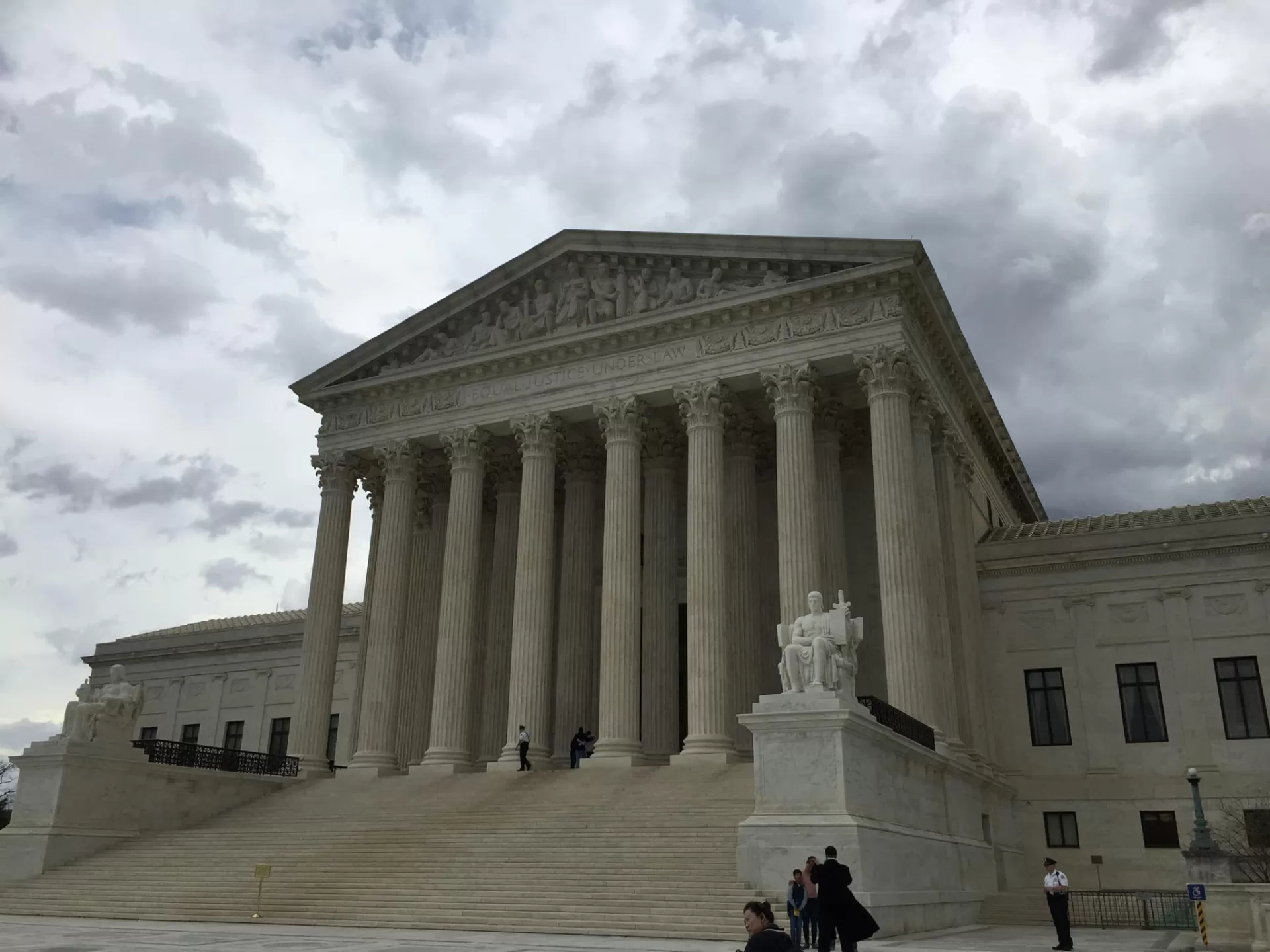In 1837, on the 61st anniversary of the signing of the Declaration of Independence, John Quincy Adams (the 6th President and son of John Adams), hosted a large patriotic gathering in Newburyport, Massachusetts. At the time, July 4th celebrations of Independence Day were the 2nd most popular holiday in the nation, second only Christmas. During his remarks to the audience commemorating the historic day, Adams paused and asked the audience a question: “Why is it that next to the birthday of the Savior of the World, your most joyous and most venerated festival returns on this day on the Fourth of July?”
The audience grew quiet as Adams proceeded to consider the reasons for this phenomenon. He reasoned, “Is it not that in the chain of human events, the birthday of a nation is indissolubly linked with the birthday of the Savior? That it forms a leading event in the progress of the Gospel dispensation? Is it not that the Declaration of Independence first organized the social compact on the foundation of the Redeemer’s mission upon earth? That it laid the cornerstone of human government upon the first precepts of Christianity?”
Now, 248 years after the signing of the Declaration, the analysis of John Quincy Adams still rings true. As we celebrate our freedom with firecrackers and barbecues, may we also remember to celebrate the Redeemer whose Gospel serves as the cornerstone of our liberty. Truly, there never would have been an American Revolution if there had not first been an American Revival (the Great Awakening). The idea that people could be self-governing, the idea that rights and liberties come from God and not government, the idea that “we the people” play an active role in preserving liberty and establishing justice through good governance—these ideas all find their roots in the Word of God and the transforming work of Christ.
Paul’s letter to the church in Galatia discusses this idea of how the law and liberty balance against license. Galatians 5:1 reminds us, “For freedom Christ has set us free; stand firm therefore, and do not submit again to a yoke of slavery.”
This verse reminds us that our freedom came through sacrifice. Christ purchased our freedom on the cross where He died from our sins. The believers in the New Testament and the early church followed Christ’s example and paid a tremendous price to share the Gospel, make disciples, and preserve the Word. Still more faithful believers made immense sacrifices to build a civil government in this land so people could worship God freely. The Pilgrims and many early settlers made extraordinary sacrifices to live lives of obedience to God, with more than half perishing in the pursuit of freedom. During the years of the Great Awakening, when the King of England was imprisoning pastors for preaching the Word and when government action threatened to strip away Creator-endowed liberties, a generation sacrificed their lives, their fortunes, and their sacred honor so that the generations that followed could live freely as one nation, under God. As we celebrate our nation’s independence and the blessing of liberty, it is only fitting that we remember and honor all those who have sacrificed to preserve our right to freely serve and worship God.
Galatians 5:1 also reminds us that our freedom has purpose. It is for freedom that we have been set free. We were not set free from the chains of sin and death to live lives that gratify every “fleshly” whim. We were set free as “Children of the Promise” (Galatians 4:28) to live in spiritual freedom. As we let go of selfish desires and stand in the freedom of Christ, we are free to serve and love the Lord and one another, fulfilling the greatest commandments of the law (Galatians 5:13-14. Matthew 22:36-40). Freedom thrives where there is genuine brotherly love. The principle of self-government and the success of the “American Experiment” are directly tied to this. True freedom, like love, is never selfish. When each individual is self-governed, the need for external civil government to punish social ills decreases. When we live out the selfless love of the Savior and are self-governed through the Holy Spirit (Galatians 5:22-23), the world around us is transformed. These things—the love of God and the fruit of the Spirit—they are not limitations on our freedom—they are the very things that allow us to enjoy freedom and live lives of eternal purpose.
Galatians 5 also reminds us that our freedom requires stewardship. If we are to “stand firm”, we must be active participants who wisely steward freedom. We must take care not to become too comfortable with the friendly tyrants of the world who would enslave us and distract us from stewarding the purpose of our freedom. We must be vigilant in guarding against pride, greed, entitlement, and other cultural idols. We will see Godly fruit in every aspect of society—in our families and marriages, in the church, in education, in business, in government, in the arts and media—only when we, the free and redeemed, fully obey the Lord ( 2ndChronicles 7:14).
This Independence Day, let us remember to thank the Author of our freedom and let us, with renewed dedication, strive to be purpose-filled, self-governing, stewards of the blessings of liberty. Most of all, may we use our freedom to bring Him glory.
Wishing you and your family a Happy Independence Day!
Soli Deo Gloria









